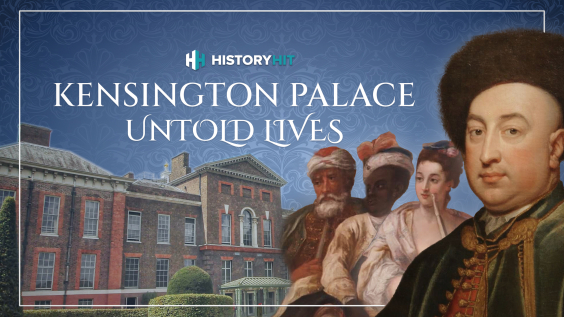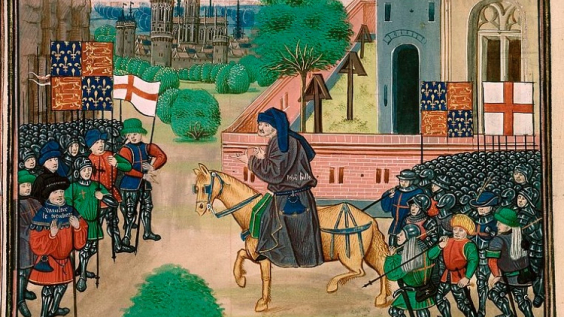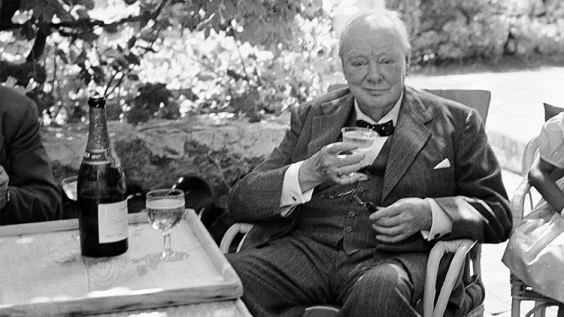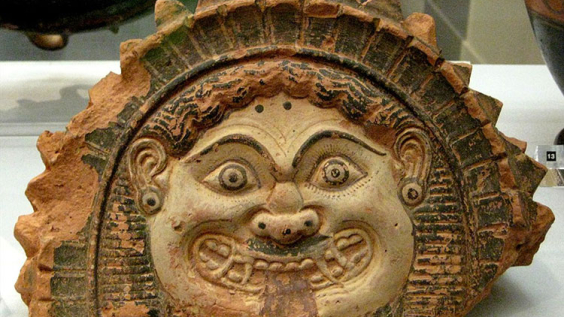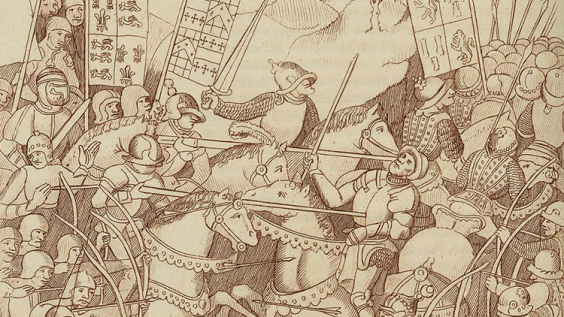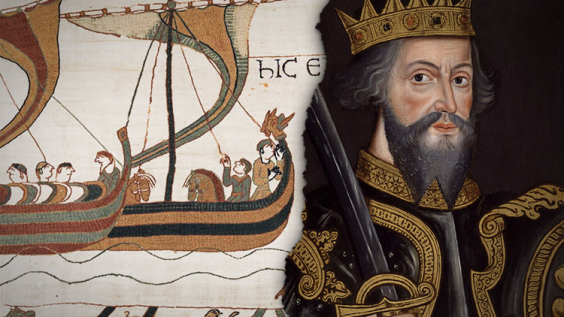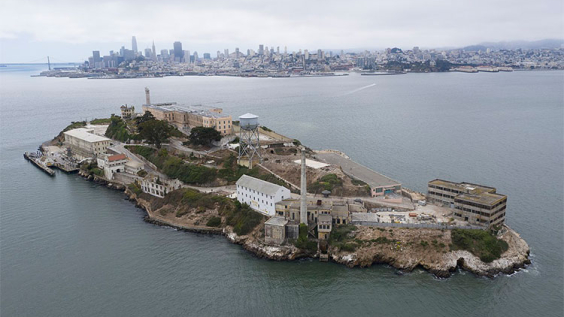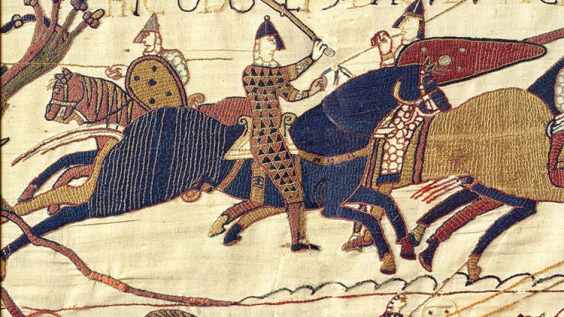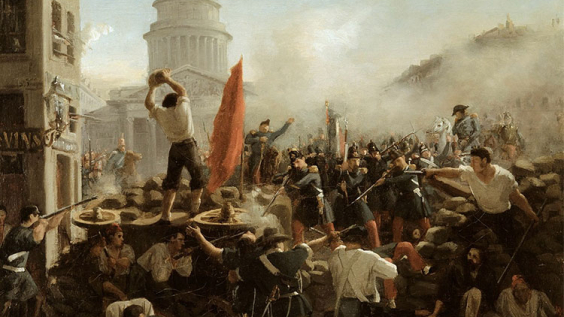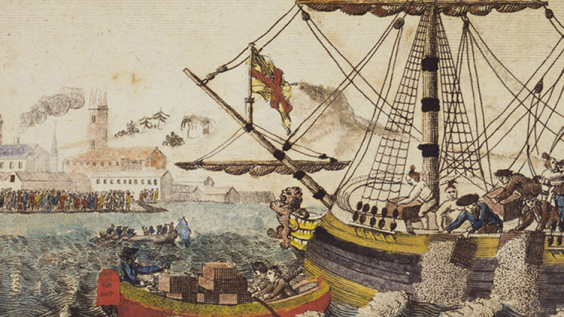
100 years ago this May, a courageous Shropshire-woman was arrested in Trafalgar Square. Eglantyne Jebb had been protesting about the starvation facing thousands of children inside Austria and Germany, countries that had been at war with Britain just a few months earlier.
‘Fight the Famine’
Appalled to learn that after the armistice, around 800 children were dying every week in Germany alone, Jebb was distributing hundreds of leaflets and posters, and some accounts mention her chalking up the pavements, a traditional suffragette tactic, with slogans such as ‘End the Blockade’, and ‘Fight the Famine.’

Jebb distributed hundreds of leaflets and posters.
Anxious to avoid attention being drawn to their policy of continuing the economic blockade to Europe as a means of pushing through reparations, the British government had Jebb removed. This, it would turn out, was a strategic error. Jebb was not a woman to be hushed up.
Jebb knew that technically she had broken the law, yet she insisted on conducting her own legal defence. Focusing on the moral case, she gave the court reporters plenty to fill their columns with.
The crown prosecutor is perhaps the only person in this story with a name to rival Jebb’s own. Sir Archibald Bodkin did not spare her in his condemnation. Once the guilty verdict had been passed, however, Sir Archibald handed Jebb a £5 note, the sum of her fine. Clearly, even for the prosecution, Jebb had won the moral case.
The next morning the story was all over the papers. Capitalising on the publicity, Jebb and her sister, Dorothy Buxton, held a public meeting at the largest venue they could find: the Royal Albert Hall.
 Listen Now
Listen NowSilencing her critics
Unfortunately, a sizeable number of the crowd brought rotten vegetables to throw at the ‘traitor sisters’ who wanted to give succour to ‘the enemy.’ Jebb silenced them all. She called out,
‘Surely it is impossible for us, as normal human beings, to watch children starve to death, without making an effort to save them’.
Immediately a collection was taken up around the hall. Together with the court prosecutor’s £5, this donation launched what Jebb called, the ‘Save the Children Fund.’
Eglantyne Jebb was a brilliant woman, passionate and compassionate in equal measure. Happy to defy convention and break the law if required, she also wrote romantic novels, worked in a European war zone, and embarked on passionate affairs.

Eglantyne Jebb also wrote romantic novels.
When she set up Save the Children and later pioneered the concept of children’s human rights, which has since evolved into the UN Convention, Jebb permanently changed the way the world regards and treats children, yet she was never particularly comfortable around them, and never had any children of her own.
Perhaps partly as a result, her remarkable story has been all but forgotten, yet her inspiring vision, decisions and actions still speak as loudly today as they did 100 years ago.
To mark the centenary of Save the Children, in May 2019 a new, privately sponsored, bronze bust of Eglantyne Jebb, by award-winning sculptor Ian Wolter, will be unveiled at the Royal Albert Hall, before being moved to Save the Children’s London head office. Clare’s biography of Jebb, The Woman Who Saved the Children, winner of the Daily Mail Biographers’ Club Prize, is also being republished with a new introduction, and all author royalties are donated to the charity.




